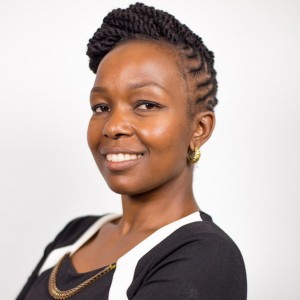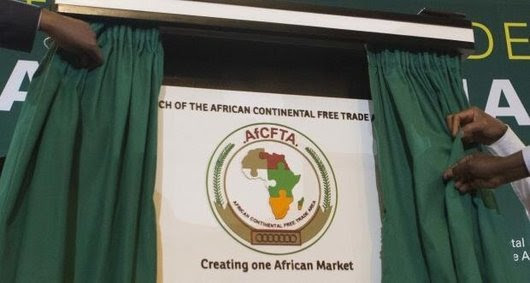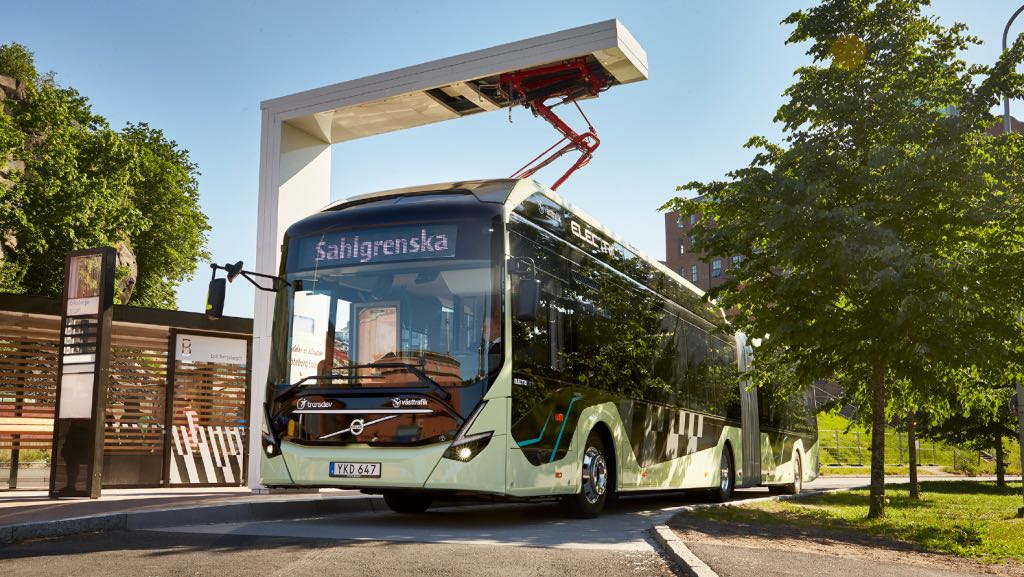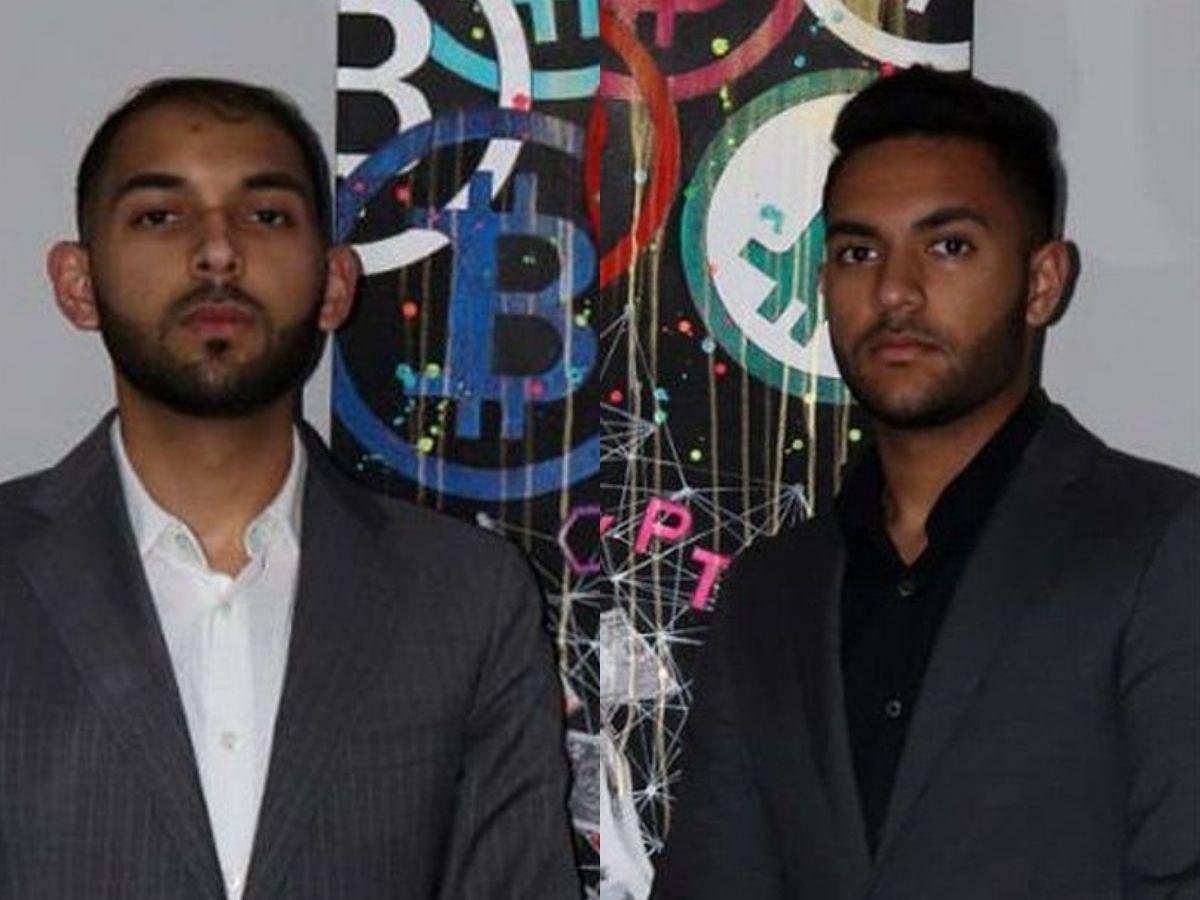Andela Hits 100,000 Learners Milestones With Learning Community
The global talent network Andela which helps companies build remote engineering teams, today announced a new milestone for its developer learning community as the Andela Learning Community (ALC) has now surpassed 100,000 learners. Launched in 2017, the Andela’s Learning Community (ALC) was set up with the objective to help brilliant people access opportunities which are not often evenly distributed.
Since its founding, Andela has been able to provide career opportunities for thousands of engineers in addition to the learning opportunities provided to the Andela Learning Community.

Available for engineers at all stages of their careers, the ALC offers access to in-demand technology courses from learning partners as well as connects engineers to employment opportunities through its job network initiative.
Read also:The Canada-Africa Chamber of Business Names Leadership Changes
Previous ALC learning partners have been Pluralsight, Google, Facebook, Salesforce, and Microsoft, among others.
Speaking on this, Agnes Muthoni, Director of the Andela Learning Community at Andela said “Since our launch, building and developing talent at every level has been central to Andela’s mission. This 100,000+ learners milestone is very important to us because it shows that we have been able to achieve the goal of building talent not only across Africa but now globally spanning six continents and nearly 100 countries. We are excited to continue to welcome new engineers into our growing community of learners.”
Alongside surpassing 100,000 ALC learners, Andela has also launched a new public community that enables engineers to access additional learning resources and information, connect with mentors, source career opportunities as well as interact with their fellow learners.
Read also:Revolutionalising Legal Practice With Technology
Tania Medina, Director of Talent Growth Marketing at Andela, said: “We are excited that Andela’s learning Community is now available to the global developer community and across Latin America.
As our global network grows, we are pleased to offer more collaborative learning and career opportunities, which we hope will set a practical pathway for engineering talent of all levels to follow.”
Launched in 2014 with a mission to connect brilliance with opportunity, Andela has been deeply embedded in the African tech landscape, mirroring the agility and expertise that technology and innovation demand.
Read also:Africa-focused Fintech, Opay, Secures $400m From Softbank, At $2bn Valuation
To capture and share the DNA of African technologists and highlight this often under-represented region, Andela is inviting all software engineers, developers, architects, and more to participate in a 15-minutes 2021 Africa Developer survey. The survey will be open to responses until September 30, 2021.
Kelechi Deca

Kelechi Deca has over two decades of media experience, he has traveled to over 77 countries reporting on multilateral development institutions, international business, trade, travels, culture, and diplomacy. He is also a petrol head with in-depth knowledge of automobiles and the auto industry



















